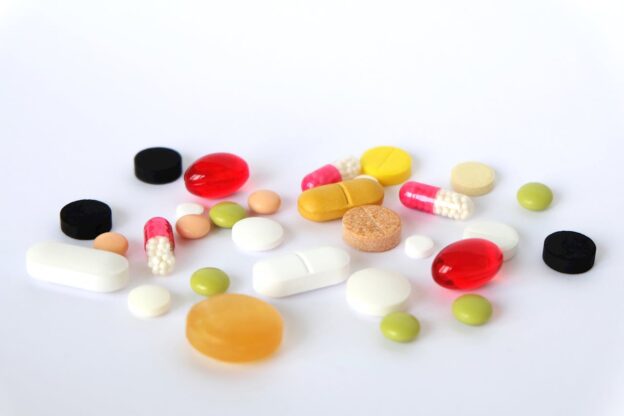Eating disorders and addiction often develop together, creating a cycle that can be difficult to break. Many people struggling with disordered eating turn to substances like alcohol or drugs to cope with stress, anxiety, or body image issues. This pattern can worsen both conditions. For example, someone with anorexia may misuse stimulants to suppress their appetite, while a person with bulimia might binge eat and then drink excessively to escape feelings of guilt. At the same time, substance addiction can lead to unhealthy eating habits, further complicating recovery. Over time, these behaviors reinforce each other, making treatment more challenging. Recognizing the connection between eating disorders and addiction is important for those seeking help. Comprehensive care, such as programs at a drug and alcohol rehab in West Virginia, can provide the support needed to address both conditions and work toward lasting recovery.
Continue reading →













